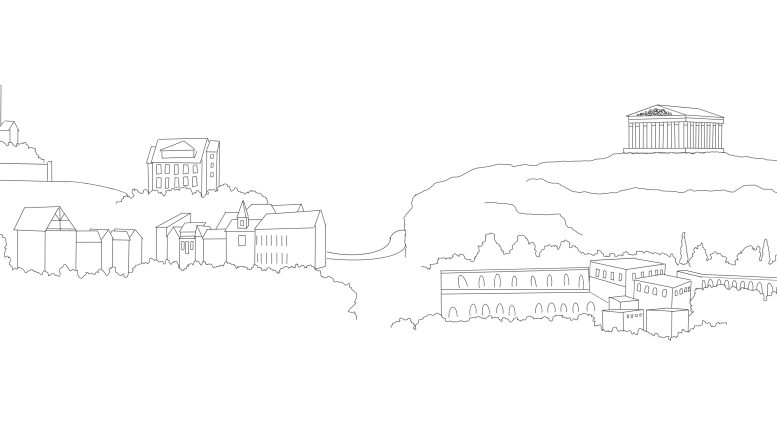For those interested in taking a diverse array of courses within the faculty of arts, but who do not have the available time commitment, the departments of classics and German and Slavic studies are promoting new micro-diplomas for the upcoming academic year, where students can delve into the worlds of German lifestyle and mythology and folktale.
This spring, the department of German and Slavic studies held its first offering of the micro-diploma introduction to German language, life and culture. The program took place from May to June and was quite successful, explained Lars Richter, instructor and curriculum representative for the department of German and Slavic studies.
“You can speak German like a native speaker, but if you do not know what is going on in Germany and know nothing about the politics or the history, then this only goes so far,” Richter said.
Those who have an interest in travelling abroad will have the opportunity to take the diploma as a travel course in Germany from May to June of 2024, where the students will become immersed in contemporary German lifestyle. The three courses taught throughout will be an introductory German 1 and 2 along with the course discovering German life and culture.
Richter further emphasized that the German diploma is about both language and culture, as students will have the opportunity to meet with those within the German community. In the first instalment of the program, students met with president of the German-Canadian congress and students from the University of Winnipeg completing research on German immigration to Canada.
In the fall 2023 semester, students will have their first opportunity to undertake the mythology and folktale micro-diploma through the classics department. Within the diploma, students have a cross course opportunity to take classes from the departments of religion, classics, Icelandic and German and Slavic.
For students to earn the mythology and folktale diploma, they must take on 12 credits of designated courses from the involved programs. Some of the 10 courses that students could take to achieve their diploma include: Icelandic folktales in a European context, Greek and Roman mythology and Ukrainian myths, rites and rituals.
The idea for the micro-diploma sparked as a way to weave together several departments across the faculty of arts that have mythology or folktale classes. As classics department head and graduate student chair James Chlup has observed, students are very interested in taking them, with 500 students enrolling in the introductory Greek and Roman mythology course each year.
“A significant minority of them, up to about a third, take at least one other mythology or folktale course somewhere in the university,” said Chlup.
To further understand the decision behind the micro-diploma, Chlup has seen attitudes towards traditional ways of learning changing, with students finding more interest in creative aspects of study and being able to tell their own stories.
“Mythology really cuts to the heart of that, because mythology is about storytelling and understanding the interpersonal relationships that we create,” said Chlup.
Students will have the opportunity to analyze how myths are acquired through poetry, art, storytelling and music, and then learn how to question and challenge such myths.
Micro-diplomas can either complement a degree that a student is pursuing or they can be a stand-alone achievement. Micro-diplomas can also enhance students’ interests, as they may wish to expand one of the programs of study into a major or minor.
Professors Chlup and Richter both agreed that the micro-diplomas are valuable additions of knowledge for after graduation. The micro-diplomas are a “further credential certificate that proves that they have this expertise in a certain field,” Richter said.
“What a lot of students find is they are attending university and they are going towards a certain degree because they think it is going to lead to a certain profession,” said Chlup. “But they also have genuine interests in other things, and a micro-diploma is really nice because it is fairly small and compact.”
Chlup added that these diplomas are something you could easily fit into your electives, and they provide the chance to follow something in more detail that you find interest in.
“You want to be interesting,” he said.





